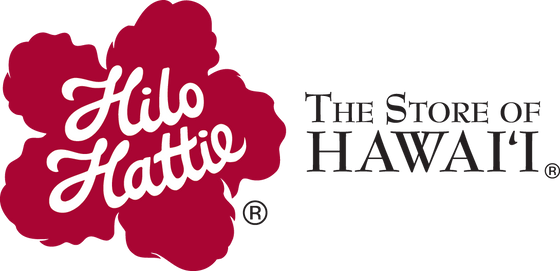The Importance Of Genealogy

Simply put, genealogy is the line of descent traced continuously from an ancestor. For native Hawaiians, genealogy is much more than that. Genealogy or: mo`oku`auhau is part of the Hawaiian identity. It is their way of connecting with one another. It is said that Native Hawaiians are specially connected to the land, or ‘o ka pae ‘aina Hawai‘i as the ancestral homeland and the elder sibling of Hawaiians in traditional beliefs. Historically, Native Hawaiians were taught their genealogy through a change. The hiapo, or first child, was given to the paternal or maternal grandparents, depending on the baby's gender. It was the child’s job to learn the oli (chant) of their family’s genealogy and ‘aumākua. The child was given to their kūpuna to insure the family’s history would be accurate as the generations grew.
The Kumulipo is known as the Hawaiian Creation chant which speaks about the universe’s beginnings described in “deep-darkness.” It is a change chant of a family of Hawaiian alii, or ruling chiefs. Composed and transmitted entirely in the oral tradition, its two thousand lines provide an extended genealogy proving the family’s divine origin and tracing the family history from the very beginning. This chant is one of the prime sources of information on Hawaiian mythology, culture, political structure, and way of life. Genealogy shows us just how deeply connected we are! It’s common in Hawaiian to run into a family member or someone you know, and after conversing with them you may even find out you have a few new relatives you didn’t know about — genealogy provides understanding about yourself and about your culture.




